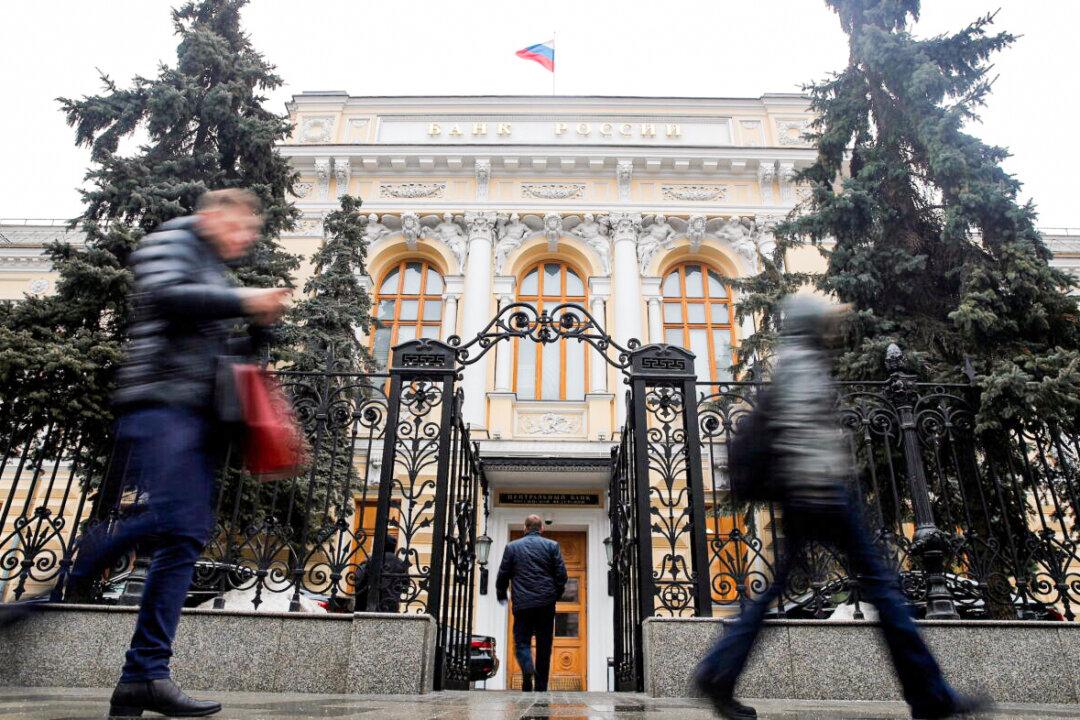Rating agencies Fitch and Moody’s have downgraded Russia’s sovereign rating to junk status as a consequence of tough Western sanctions over the Kremlin-ordered invasion of Ukraine, sending the rouble plunging to a record low.
Fitch downgraded Russia to “B” from “BBB” and put the country’s ratings on “rating watch negative.” Moody’s cut Russia’s rating by six notches, to B3 from Baa3. With the move, the two rating agencies followed in the footsteps of S&P, which last week similarly slashed Russia’s rating to junk.





